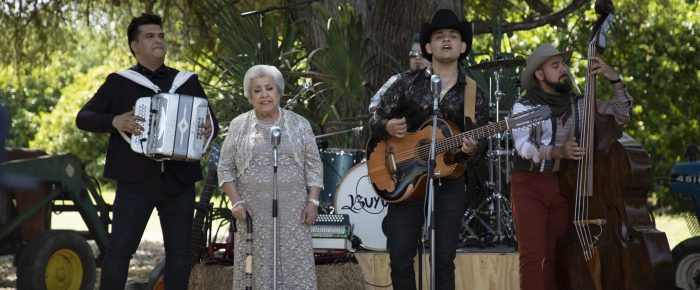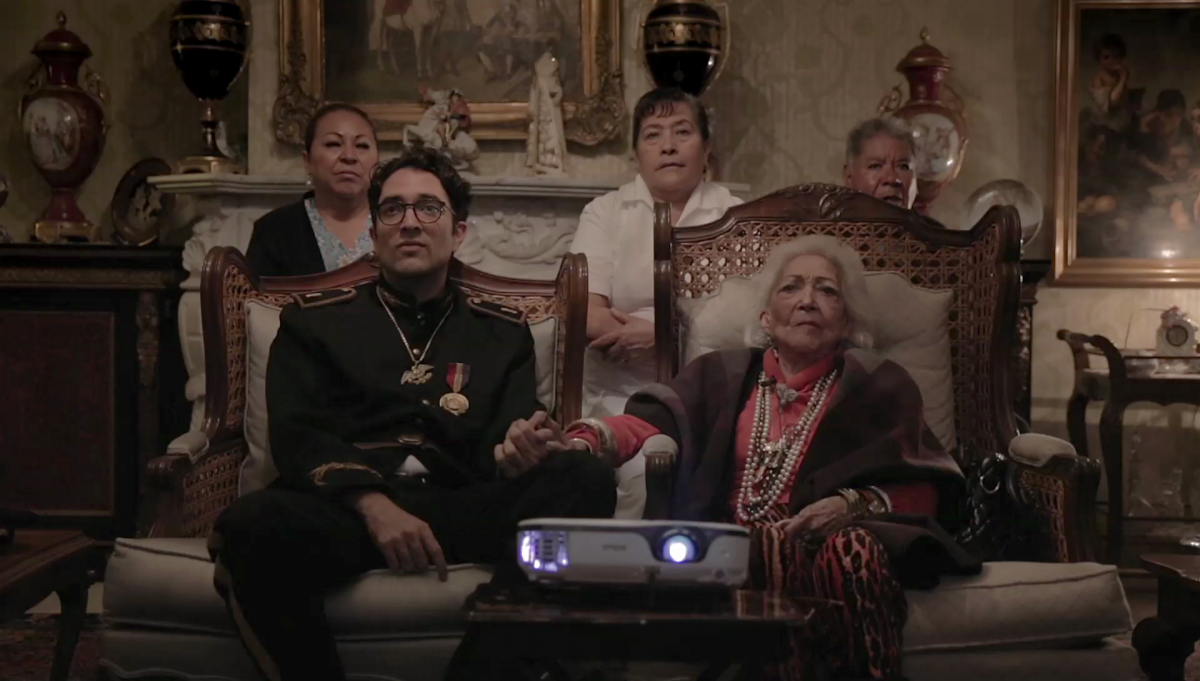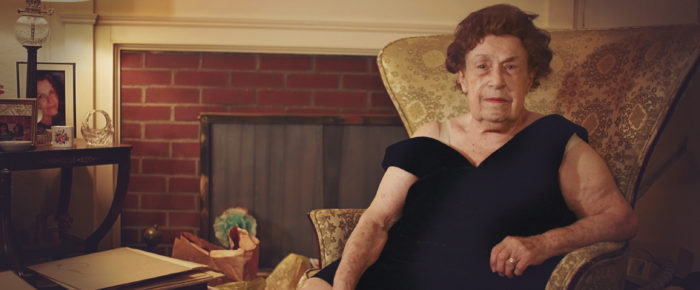Irma Silva was born and raised on her family’s ranch, “Rancho El Naranjo,” in General Terán, Nuevo León, Mexico. Ever since she was a little girl, she dreamed of being…
Read moreGrandmother, 81, releases debut album with grandson and is nominated by Latin Grammys for “Best Norteño Album”



